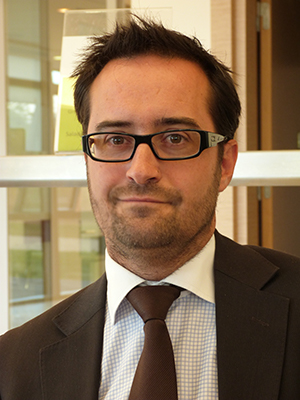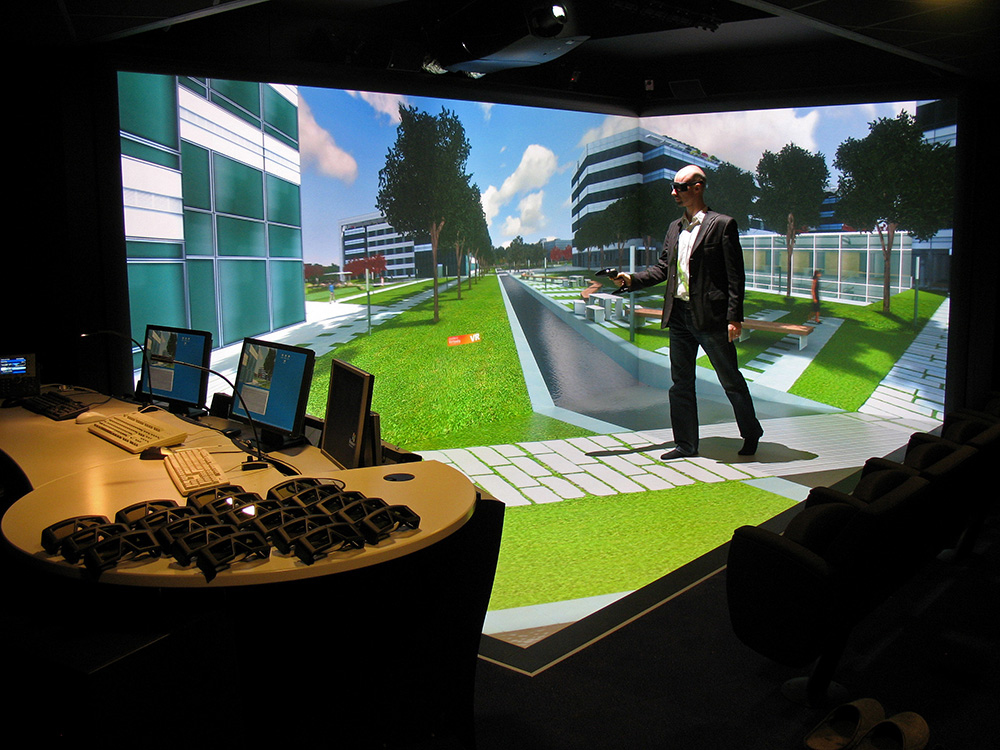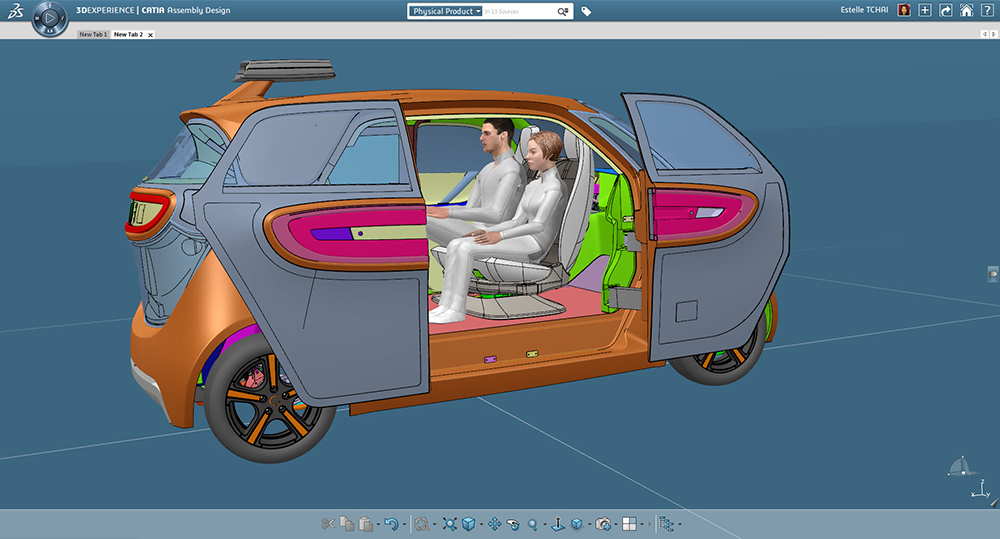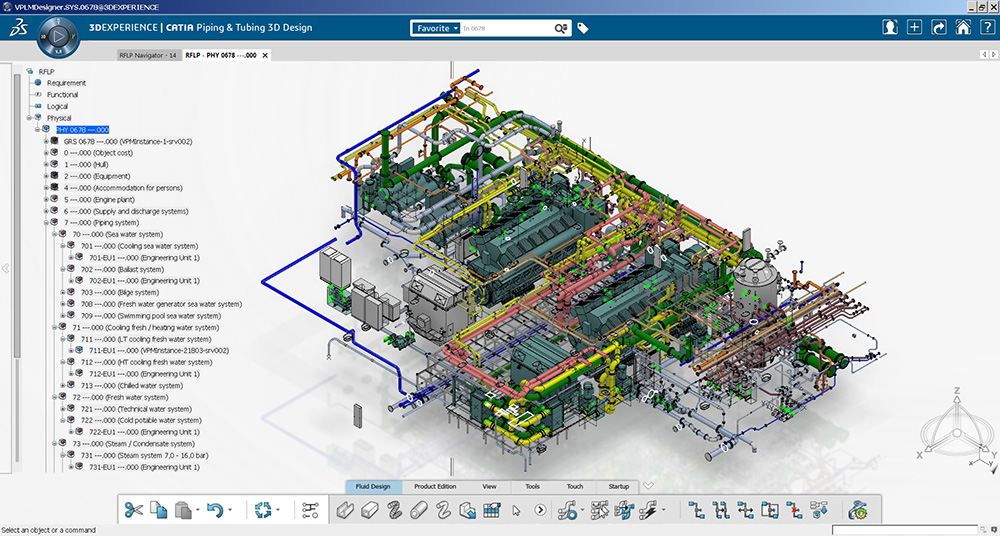Features
Innovation in 3D: 4iP Council speaks to Dassault Systèmes’ Head of IP, Rodolphe Pantanacce.
28 October 2016
4iP Council speaks to Rodolphe Pantanacce, Head of IP at Dassault Systèmes, a pure software player specialised in 3D digital design, engineering, modeling, and simulation, initially of aircraft and now of cars, buildings, perfume bottles and a myriad of other things.

Rodolphe Pantanacce, Head of IP at Dassault Systèmes
What is the focus of Dassault Systèmes’ work?
Dassault Systèmes was created in 1981 to develop software used by Dassault Aviation to create digital mock-ups for their aircrafts. Today, we are active in all industries and our various software applications are used for all sorts of designs or simulations. Evian has used our software, as has l’Oréal, to predict the ‘life-cycle’ behavior of bottles. BMW uses it to predict the behavior of next-generation cars reducing expensive crash tests and, on a larger scale, our software is used by mining operations for modeling and simulation in order to help our customers to realise the full potential of their mineral deposits. We are, by far, the biggest software vendor in France and the second largest in the EU.
How does the company approach R&D and innovation?
We rely very heavily on innovation and IP, as this is our principle asset. Investing in research and development is therefore a big share of our revenue.

Our innovations are both organic and through acquisitions and while most of our assets are protected by copyright, we also file patents. Of our 12,000 employees, around 4000 are software developers.
Has Dassault Systèmes’ innovation through acquisition increased in recent years and what role does IP play when you acquire?
Our organic software innovation has remained steady and our growth through acquisition has increased. The nature and scope of intellectual property is a key part of our due diligence when we acquire technologies and when we target a company it is critical for us that IP is well protected. We have over 500 partnerships in place with different software companies and recently established our own accelerator programme, enabling start-ups to access Dassault Systèmes software under privileged conditions but also to access technical skills and mentoring.
How do you use your intellectual property?
As a pure software vendor we rely exclusively on IP protection. Our software is naturally protected through copyright and we license it to our customers. We sometimes file patents to secure exclusivity on an innovation for a period of time. Sometimes we license our patents but usually we patent to protect our assets.

Have you had issues with copying?
Yes, it happens often that we need to defend our IP. We face a lot of copies from other continents. In our case, these are not counterfeits but illegal versions of our software and we have programmes in place to disrupt this grey market and identify illegal uses. Turning illegal users into legal ones has been an effective approach for us.
We’ve had cases where we have had to defend ourselves against patent trolls and have mitigated our risk. In such cases, having protection for your innovation is not always useful because the focus of trolls is to extract money from you.
What’s your view on dismantling or weakening the IP system in Europe?
I am not in favour of a weakened intellectual property system. It is critical to be able to rely on a strong IP system because we need a return on investments to pay our developers and ensure investments into next-generation innovation. A strong IP system is key but we also need the right legal framework to enforce such rights.
Europe has made nice improvements in this area with the unitary patent and the agreement on the unified patent court. This will mitigate the risk of changing case laws and the availability of a more experienced, unified patent court will reduce legal uncertainties.
In my opinion, the US legal system, and not just the patent system, is the main issue. The US legal system is expensive and unpredictable. The fact that it is so costly to challenge the validity of a patent in the US is not good.
How do you think the patent system could be improved?
What we most need is a clear system with clear rules because lack of clear criteria leads to dangerous uncertainties. We support legal consistency.
Do you think that policy-makers have a good understanding of the value of patents to innovation?
Yes. Political understanding around the ability of the EU to innovate is quite good and the legal framework situation is not that bad. A lot has happened to educate people on risks and legal uncertainty. The unitary patent and the unified patent court are major steps forward for protecting EU countries on their own ground.

What more could policy-makers do?
Keep on increasing the number of framework programmes funded by the EU, such as Horizon 2020, to help large and smaller companies innovate. It is also important to accompany SMEs through the patent process and help them secure the correct IP rights. We must ensure that European investments are both on the right company and protect the innovation so that a fair return-on-investment will happen.
Horizon 2020 provides templates of documents that act as a basis for parties to discuss the relationship between the partners (and particularly the various IP regimes) but there is no heavy involvement in accompanying companies. SMEs in particular need guidance and advice. The French IPO does this, but its' work is limited to the French patent office. It would be good to provide a full package of operational help.
What advice would you offer inventors?
For sure protect your innovation using all the IP tools available. It is key to keep the invention confidential as long as a patent application is not filed. I have seen too many people speaking to partners without a non-disclosure agreement or the right protection in place. This is a real weakness in their business. Inventors should not discuss their innovation before filing the appropriate IP rights. It is much easier to negotiate with partners and venture capitalists when you have a good level of protection. You can also negotiate licenses, increasing the value of your innovation. Consider all tools and use as many as possible before going after investment.
What would be your advice to policy-makers?
Mainly to ensure that we keep enjoying a strong IP regime.
In addition to his role as Head of IP at Dassault Systèmes, Rodolphe Pantanacce is President of the IP Commission
for Tech In France (formerly known as AFDEL, Association Française des Editeurs
de Logiciels et Solutions Internet) and is a member of the IP committee for the
‘Mouvement des entreprises de France’ (MEDEF), the largest entrepreneur network
in France.
The
views expressed in this feature are those of the interviewee and may not
reflect the views of 4iP Council or its members. The purpose of this feature
area is to reflect thinking on the topic of intellectual property and enable
open discussion.



